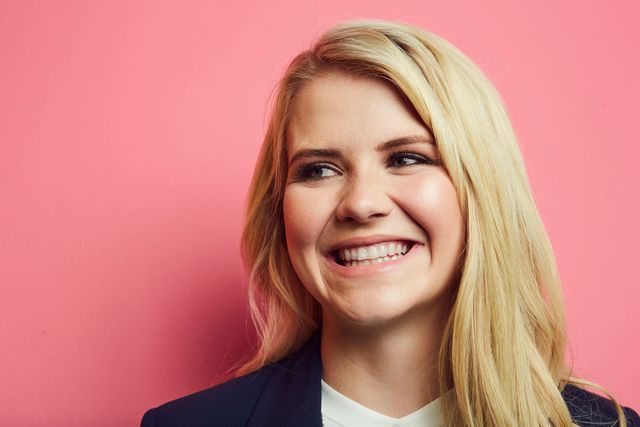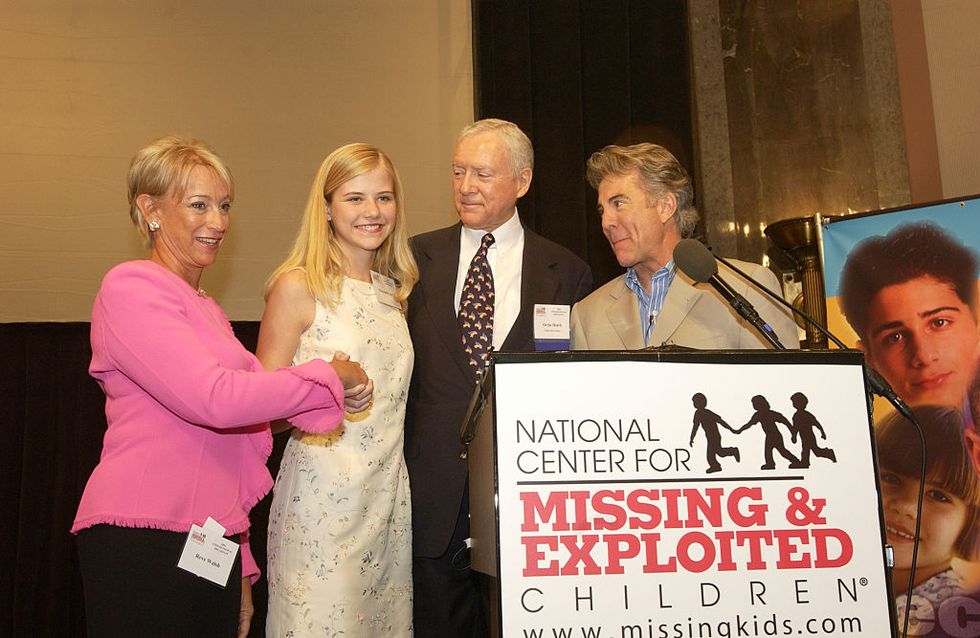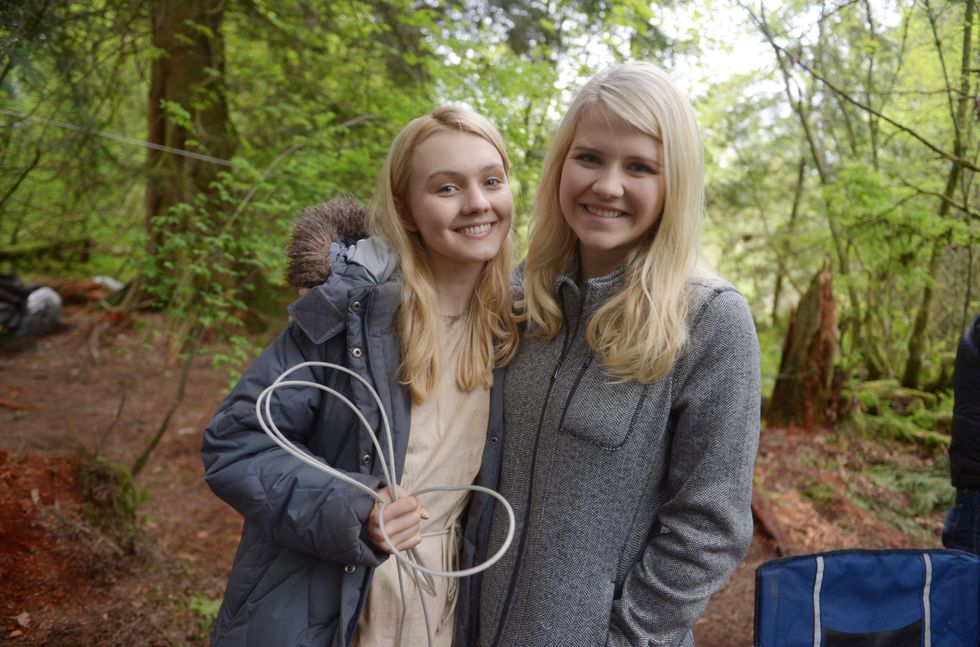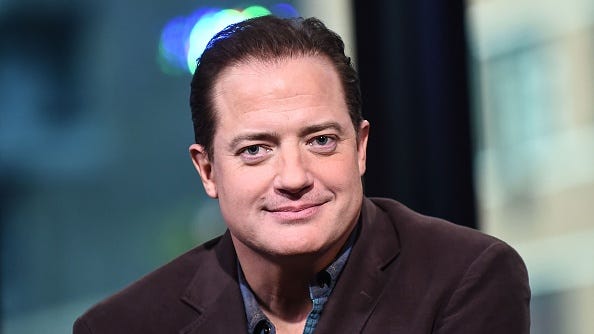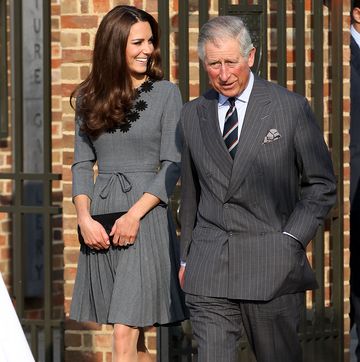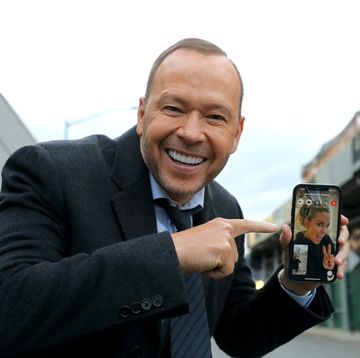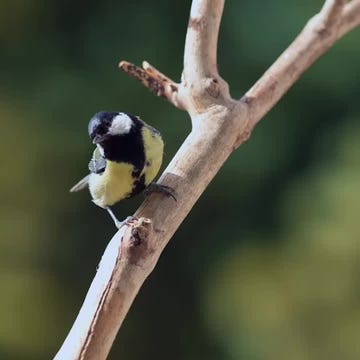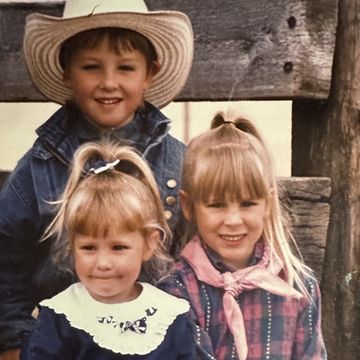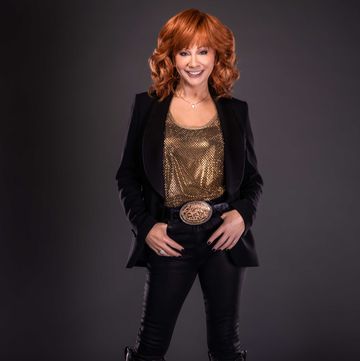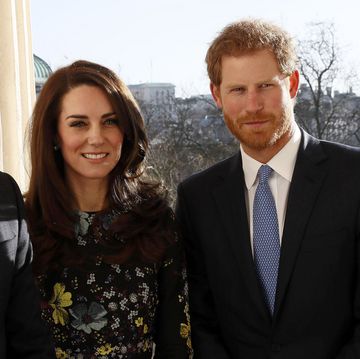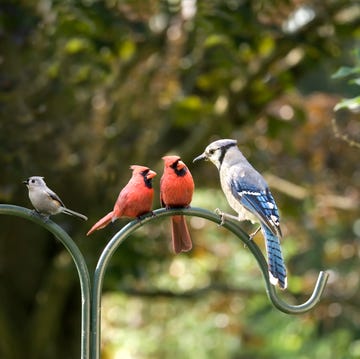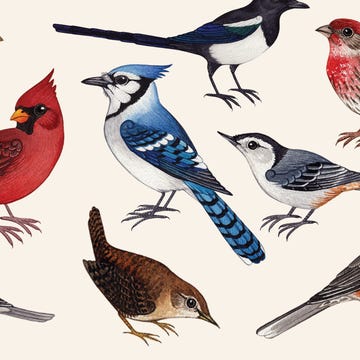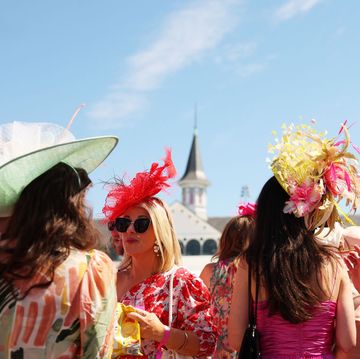At 14, Elizabeth Smart was abducted from her family's Salt Lake City home on the night of June 5, 2002. Her captors, Brian David Mitchell, a religious zealot who believed himself a "king" chosen to fight the anti-Christ, and his accomplice, Wanda Barzee, kept Smart tethered to a series of makeshift campsites as they made their way to California and eventually back to Utah, thanks to Smart's clever thinking (she convinced Mitchell he'd be able to find more "wives" near her hometown). Every day for nine months, Mitchell raped and threatened to kill Smart if she attempted escape. On March 12, 2003, Smart was rescued in Sandy, Utah, after people recognized her from a recent episode of America's Most Wanted. Barzee took a plea deal and was sentenced to 15 years; Mitchell is currently serving life in federal prison.
Smart, now 30, had to come to terms with a new normal after her kidnapping, when she says she went from "being a wallflower to feeling like everyone and their dog knew who I was." Her case sparked international media attention and, in the days following her return, countless industry professionals sought to produce book and film versions of her ordeal. "How could someone do that? I never said it was okay," she recalls thinking.
In an effort to control what was said about her and how she was portrayed, her parents, Ed and Louis Smart, released their own narrative, a book titled Bringing Elizabeth Home, which was also adapted for television, in 2003. "I understand why they did it, but I remember at the time saying, I never want to talk about this ever again. I just want to leave it in the past."
But over the course of the last 15 years, through her involvement with various legislation—Smart has spoken before Congress in support of the Amber Alert system and the Adam Walsh Child Protection and Safety Act—and her advocacy work for women and children with the Elizabeth Smart Foundation, the one-time shrinking violet became accustomed to sharing snapshots from the nightmare she'd survived. She penned a memoir, My Story, in 2013, but it wasn't until a few years ago, when producers from A&E and Lifetime approached her with documentary and movie projects, respectively, that she considered putting that perspective on film. Even then she says her first reaction was, no, thanks. But persistent follow-ups and reassurance from producers that they wanted Smart's involvement in the process, as much as she could possibly stand to be involved, convinced Smart that the filmmakers "would respect my story and share it the way I wanted it to be shared," she says. "They've kept me in loop every step of the way. I was so sick of reading the script by the end, but seeing it go from script to actors acting it out, seeing it come to life, was incredible. Terrifying, but incredible."
Smart served as a producer on both A&E's Elizabeth Smart Autobiography, a two-parter that aired Nov. 12 and 13, and Lifetime's I Am Elizabeth Smart, out Nov. 18. She hopes the films, particularly the latter, which she narrates, will inform viewers on the realities faced by victims. "What happened to me is not so different from what happens to other victims every single day. Rape happens, every single day. Kidnapping happens, every single day," she says.
"Hopefully the next time someone comes up on the news they [the viewers] won't be the people asking, well, what was she doing? It doesn't matter what the circumstances are. Rape should never happen. Kidnapping should never happen. Abuse should never happen."
That kind of victim blaming haunts Smart, who still gets questions like, "Why didn't you run or scream?" For years she couldn't pinpoint why the accusations bothered her so much. "And then, I don't know if it came with maturity or I had an epiphany, one day I realized when I heard those questions, my brain translated it as, 'you should've done more,'" Smart explains. "I made every decision I made to survive. That's how I lived day to day and, ultimately, I did survive."
Smart married Matthew Gilmour, a Scottish man she met while on a mission trip in Paris, in 2012, and the couple welcomed their daughter, Chloe, in 2015, and a son, James, earlier this year. She's starting conversations about safety and self-protection early to give her kids the best tools for survival.
First, she wants them to understand that they're loved unconditionally. Secondly, that nobody—known or unknown, family or friend—has the right to scare or hurt them. And third, if someone does threaten them and demands their silence, that's exactly when they should tell. "Help them to realize that you're in their corner, that you believe them and will fight for them. Even if it's something as small as the bully on the playground picking a fight, if they stand up for themselves, they need to know that you'll stand next to them when they're called into principal's office."
"What most people don't realize is, when someone tries to abduct a child, over 80 percent of children who fight back actually get away," she adds, "but most of us, when something happens, we freeze. I know I froze."
Smart isn't sure how much of the conversation her 2-year-old daughter understands, "but I know if I keep talking to her, she'll eventually get it."
